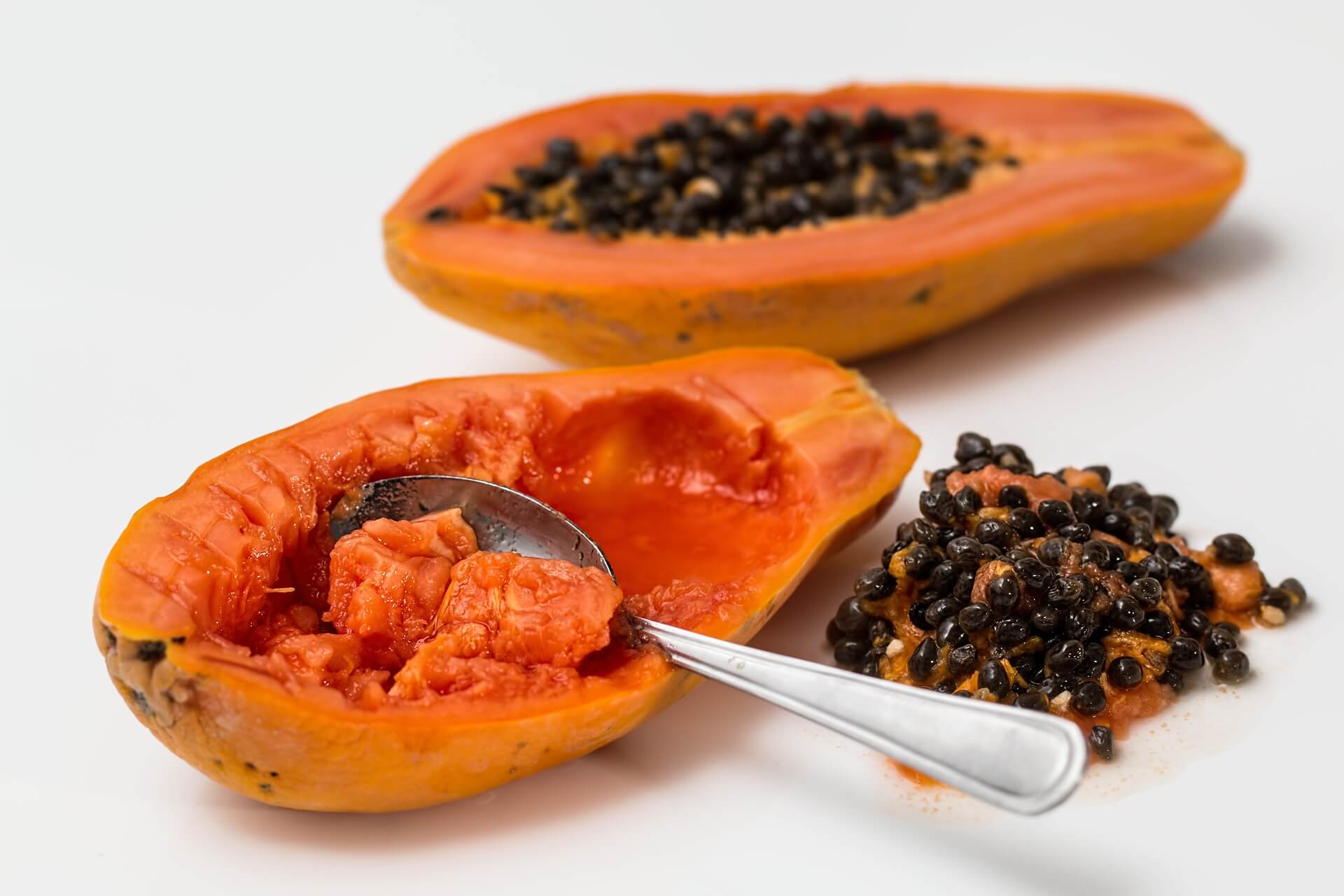foods good for lungs! Maintaining a healthy diet these days of isolation is vital, even for the respiratory system itself. And is that the proper functioning of our lungs, vital to cope with the coronavirus, falls, in addition to other habits, in maintaining a healthy diet. “Magic foods do not exist, but we can take into account the nutritional benefits of the products we eat to create a balanced diet to be healthy and strong and respond to any attack”
The Mediterranean Diet has been shown to improve respiratory health, but there are foods that especially help to keep away from disorders that affect the lungs or to easily overcome them. Also, with them, you gain vitality.
23 foods good for lungs
- 23 foods good for lungs
- 1/12 Citrus fruits that prevent respiratory infections
- 2/12 Avocado and it's great antioxidant potential
- 3/12 Tomato drives away lung cancer
- 4/12 Egg yolk that cares for the mucosa
- 5/12 White meat to recover from the cold
- 6/12 Bluefish with anti-inflammatory action
- 7/12 Garlic to double protection
- 8/12 Papaya and its beta-carotenes
- 9/12 What happens to milk?
- 10/12 Turmeric, powerful action
- 11/12 Nuts by the E
- 12/12 Choose legumes
- 13.Integral rice
- 14.Sardines
- 15.Walnuts
- 16.Water
- 17.Whole dairy
- 18.Apple
- 19.Chicory
- 20.The virtuous aroma of eucalyptus
- 21.Onion
- 22.kiwi
- 23.white tea
1/12 Citrus fruits that prevent respiratory infections
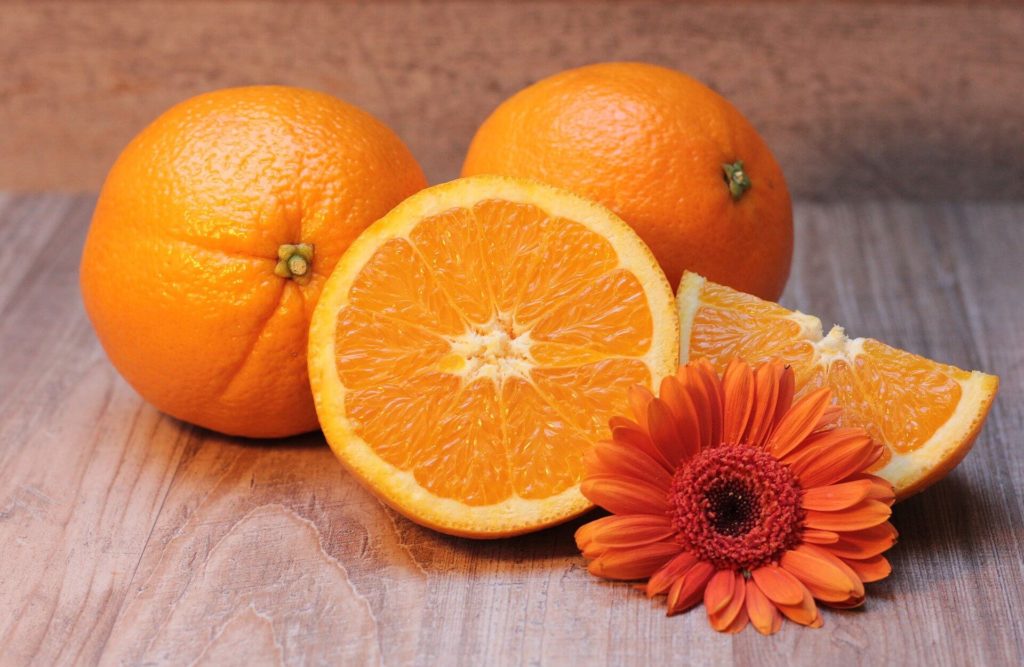
Oranges, tangerines, lemons … are a great source of vitamin C.
This vitamin enhances the body’s defences, helping to prevent respiratory infections.
It also accelerates the regeneration of tissues and favours the elimination of toxins.
Including a large glass of orange juice in your diet, every day helps you get the 90 mg of vitamin C you need.
IT MAY INTEREST YOU: https://www.powerbreathe.com/2017/01/16/foods-for-keeping-your-lungs-healthy/
2/12 Avocado and it’s great antioxidant potential
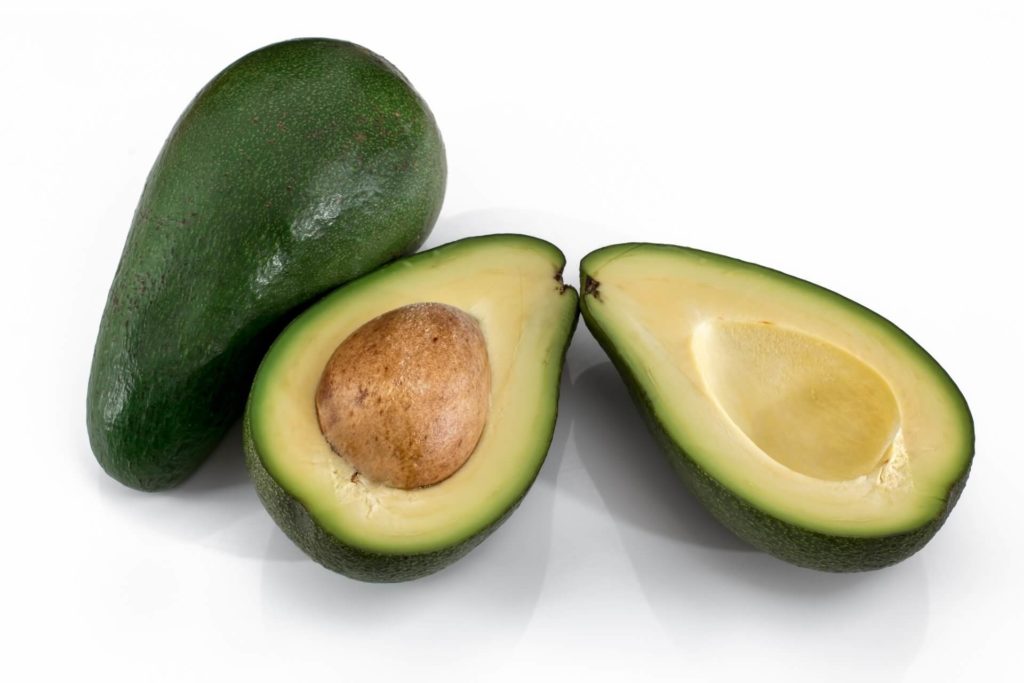
The avocado contains large doses of vitamin E.
Low daily consumption of this vitamin, with its powerful antioxidant effect, is associated with a worsening of the symptoms of lung diseases. This is a warning from the Spanish Society of Pneumology and Thoracic Surgery (SEPAR).
Vitamin E works in synergy with vitamin C and, in addition to being found in avocado, it is also found in nuts (especially almonds), olives, virgin olive oil, raw seeds (pumpkin, sunflower, sesame …), spinach, wheat germ or kale.
3/12 Tomato drives away lung cancer
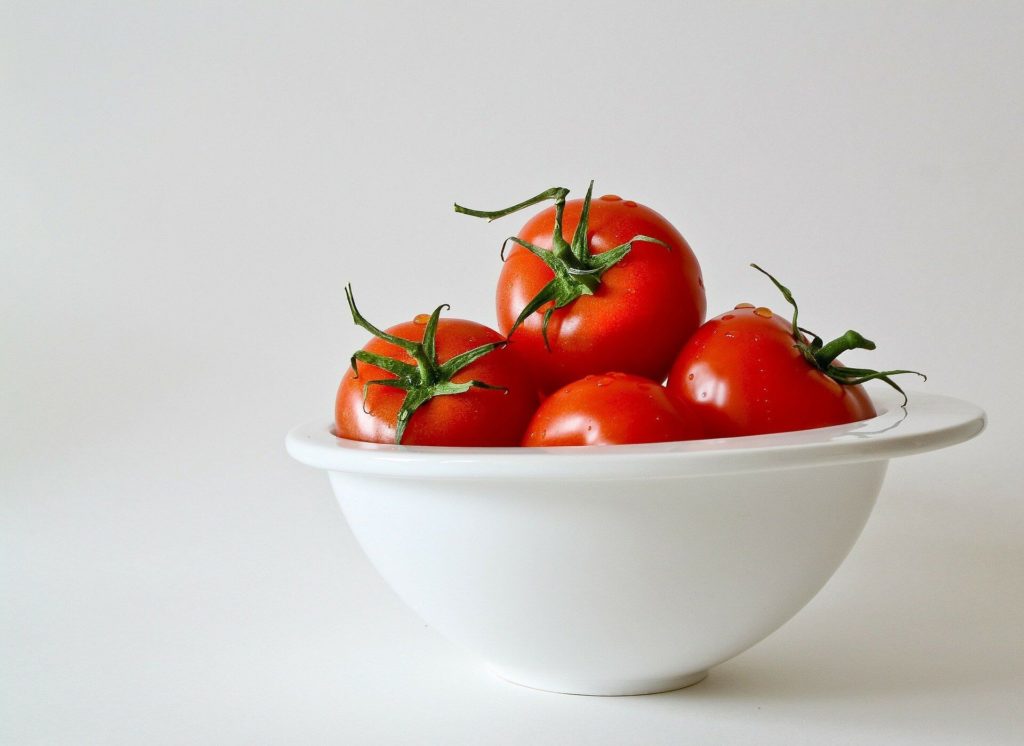
Of the carotenoids that mature tomato contains, lycopene represents more than 90%.
This super antioxidant protects cells from free radicals responsible for tissue degeneration, improves the skin’s resistance to solar radiation, and reduces the incidence of lung tumours.
Tomato is also beneficial in raw, but lycopene is assimilated better cooked. And if you cook it with extra virgin olive oil even better because its antioxidant action is multiplied by three.
4/12 Egg yolk that cares for the mucosa

Egg yolk contains vitamin A, a nutrient that is very beneficial for respiratory health:
It is essential for the care and regeneration of damaged and inflamed mucosa in numerous respiratory disorders (asthma, bronchitis, COPD …).
This vitamin is abundant in egg yolk, and also in whole dairy products. And provitamin A (which is transformed into vitamin A in our body) you get from vegetables that are yellow, red or orange (carrot, pumpkin …) and deep green (spinach, watercress …).
IT MAY INTEREST YOU: https://buzzrecipes.com/how-to-calculate-and-track-your-macros/
5/12 White meat to recover from the cold

It has been shown that, in case of catching a cold virus, they help to make the disease more bearable.
They are rich in zinc, a mineral that accelerates recovery and has an antioxidant effect.
They also provide selenium, a mineral whose deficit is associated with a lower immune response.
6/12 Bluefish with anti-inflammatory action

This food, together with walnuts, is very rich in omega 3 fatty acids.
These “good fats” have great anti-inflammatory action, very necessary to take care of your lungs.
Keep in mind that the effect of free radicals (produced by pollution, tobacco, poor diet …) on the mucous membranes of the airways produces inflammation of the lung tissue and favours disorders that affect these organs. Omega 3s “prevent” that inflammation.
7/12 Garlic to double protection
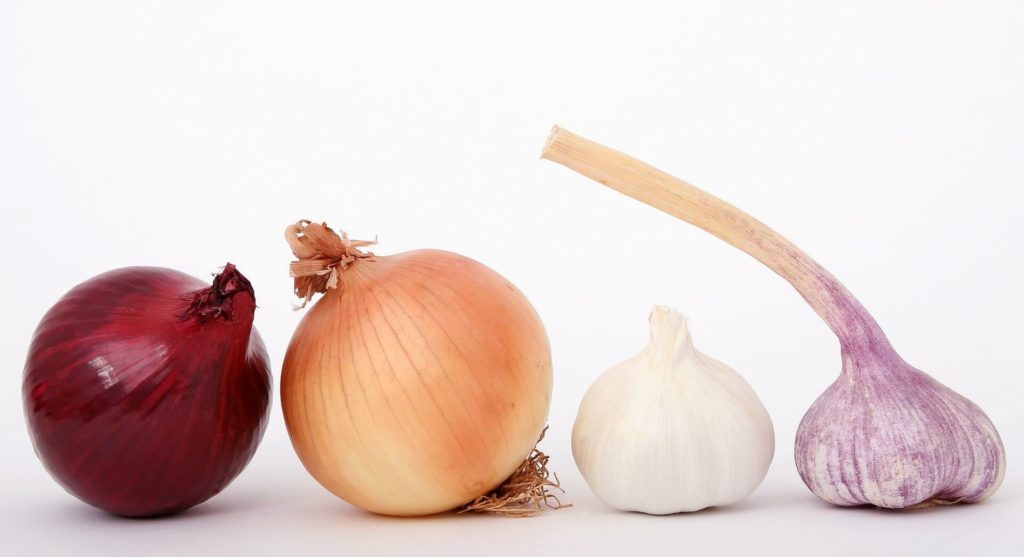
It has antioxidant, antiseptic and antibiotic properties so, along with its ability to enhance defences, it is a great ally for treating respiratory infections.
How do you get it? As it turns out, some of its components have the ability to reduce the formation of free radicals and increase the production of antioxidant enzymes.
8/12 Papaya and its beta-carotenes
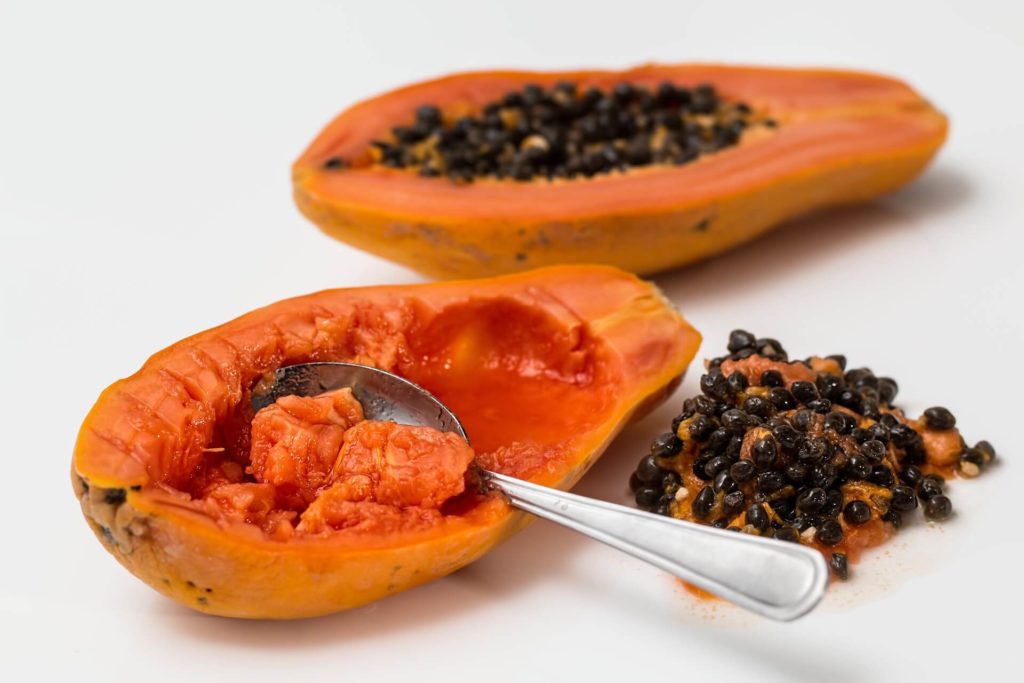
Also called provitamin A, this antioxidant substance plays an important role in the immune system and is involved in the formation and maintenance of bones, skin and mucosa. Therefore, it protects the epithelial tissues of the lung and favours the regeneration of damaged and inflamed mucosa in numerous respiratory disorders (asthma, bronchitis, COPD …).
Vegetables that are yellow, orange or reddish in colour are a source of beta-carotene, as are green vegetables (spinach, lettuce, cabbage, cauliflower, broccoli, etc.).
9/12 What happens to milk?
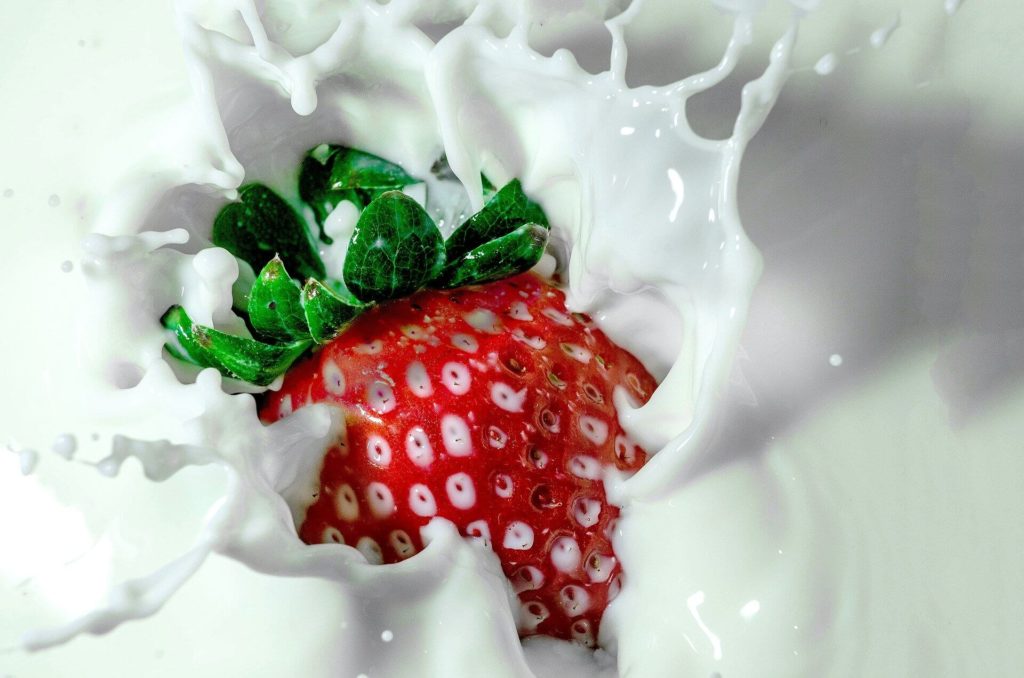
The belief that it produces or increases mucus is widespread, but for now, there is no study to show it.
A review published in the Archives of Disease in Childhood notes that while its texture can actually cause some people to notice thicker mucus, no evidence has been found that it causes the excessive discharge.
10/12 Turmeric, powerful action
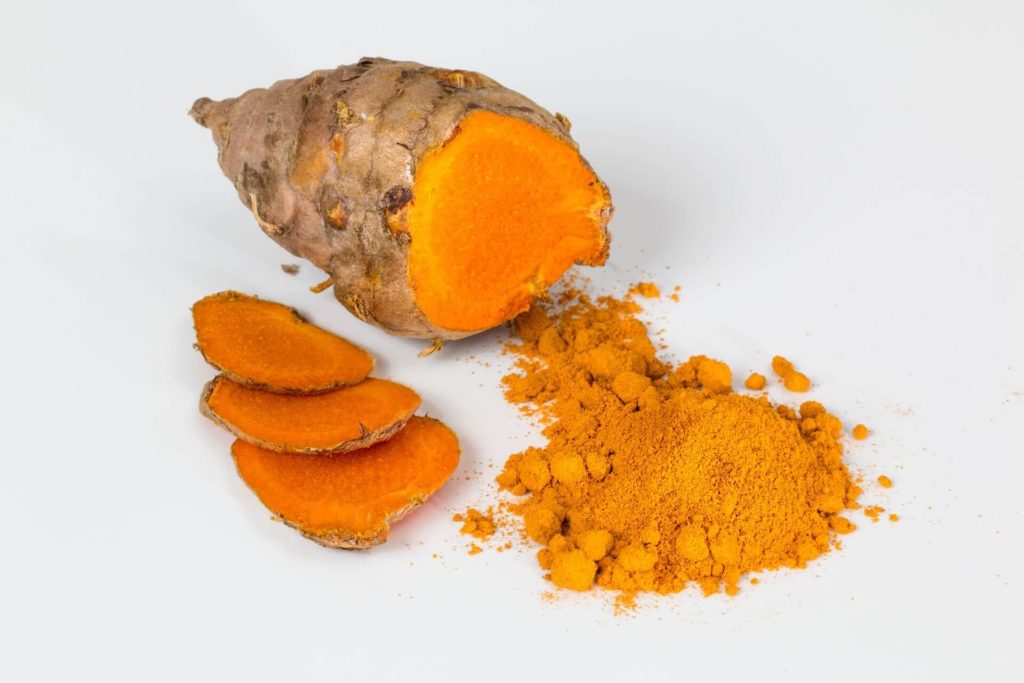
Its anti-inflammatory capacity has been widely demonstrated, and this results in the health of the entire organism, including the lungs. Furthermore, it has a powerful antioxidant action.
With it, you can cook stews, soups, creams, etc. To better assimilate your curcuminoids, mix it with a little pepper (better with virgin olive oil) and add it at the end of cooking.
11/12 Nuts by the E
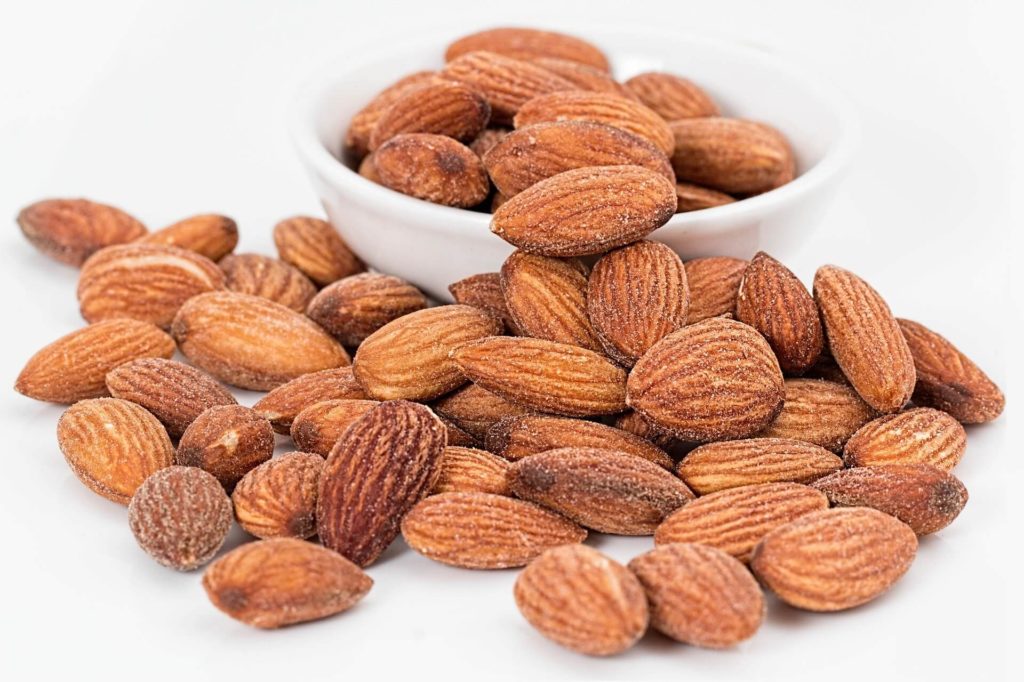
It is essential for lung health, as it neutralizes free radicals.
The Spanish Society of Pneumology and Thoracic Surgery verified a few years ago that low consumption of this nutrient is related to the worsening of lung diseases. There are also data linking low vitamin E intakes with the development of certain cancers, including lung cancer.
You will get the amount your body needs if you take a handful (25-30 g) every day.
12/12 Choose legumes
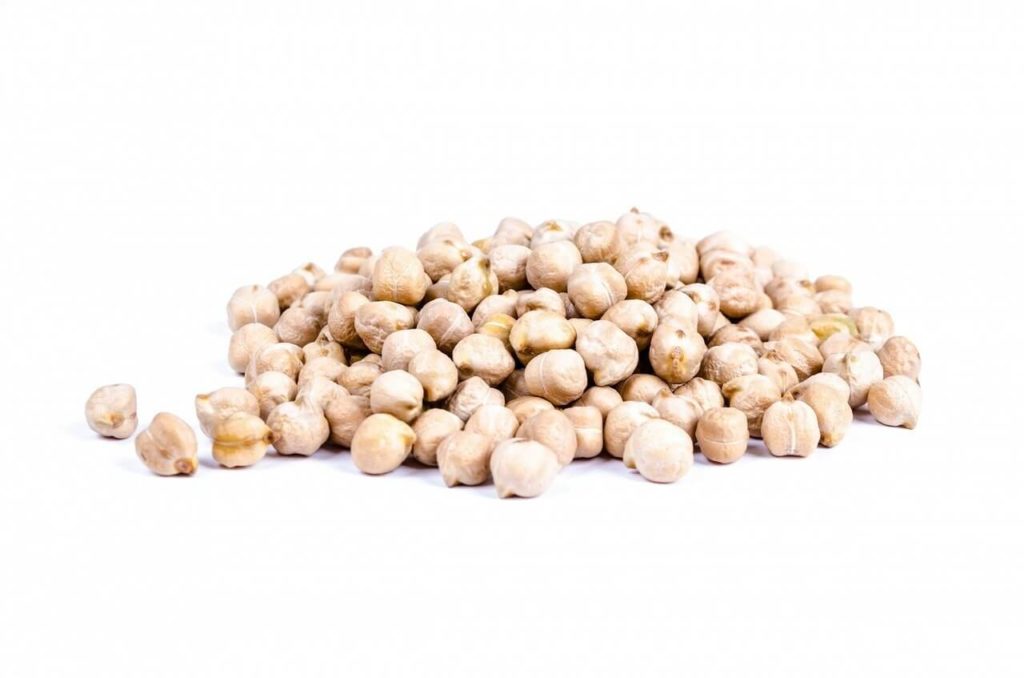
They are rich in magnesium, which, according to a recent study, could improve the expandability of the lungs and have an anti-inflammatory effect.
13.Integral rice

It is essential to guarantee a daily consumption of “quality carbohydrates”. The expert recommends avoiding processed foods, refined flours and foods rich in added sugars, and betting “on those that provide more nutrients, more minerals and especially fiber.” This is essential “to improve the intestinal microbiota, which will have an impact on our lungs, as it will strengthen the immune system.”
14.Sardines

It is important to consume oily fish at least three times a week –among them sardines, but each person can choose the ones they like best–, since they are good sources of omega 6 and omega 3 polyunsaturated fatty acids . “Especially omega 3 has a great anti-inflammatory capacity that will have a direct impact on the good state of our organs”.
15.Walnuts

Despite the fact that each dried fruit stands out for having certain properties, “Although the word fat generates panic in our society due to the fear of gaining weight, it is important to bear in mind that there are healthy foods rich in fats that provide us with polyunsaturated and monounsaturated fatty acids that are very important to combat inflammation in the body,”
These are found in foods like nuts, avocado, and olive oil, which should be the fat of reference when cooking and dressing. “Consuming olive oil and avocado daily will also provide us with a good dose of vitamin E, which along with A, D and K are among the most antioxidants, so we have to guarantee daily consumption”.
16.Water
To ensure that all organs function properly, proper hydration is important . This is achieved not only by drinking water regularly, but also other liquids such as infusions or soups, in addition to the fact that many fruits, especially those in summer, contain large amounts of water . For those who do not remember to drink practically all day, “flavoring the water with infusions of spices or aromatic herbs, and even using fruits to modify its flavor”.
17.Whole dairy
They are a source of vitamin D, a vitamin that various studies have linked to good lung function. Despite the fact that this is obtained mainly from the sun’s rays, there are certain foods that also provide it, from liver to mushrooms, veal, avocado or whole dairy products (which should always be consumed without added sugar or fats).
A research review published in the journal Archives of Bronconeumology points out that although “there is some biological plausibility of a potential pathogenic role of the deficiency of this vitamin in the development of various respiratory diseases, the numerous epidemiological studies that have found an association between low levels of vitamin D and an increased risk of developing various respiratory diseases or leading to a worse prognosis do not allow to demonstrate causality ”.
The results, therefore, despite not being conclusive, do invite us to be cautious and guarantee an adequate supply of vitamin D, which many people supplement. According to a review of studies published in the British Journal of Nutrition, 88% of the world’s population may be deficient in vitamin D.
18.Apple
- Eating an apple or more a day is beneficial for the lungs, according to a study conducted at Saint George University Hospital in London.
- Apple eaters have a lung capacity almost 140 ml above average.
- The beneficial effect is probably due to quercetin, a flavonoid with antioxidant and anti-inflammatory properties that protects the lungs against aggressive agents (pollution, allergens, tobacco, etc.).
19.Chicory
- Red chicory or radicchio is rich in inulin, the type of fiber most beneficial for the intestinal microbiota, which helps the immune system to prevent infections.
- It also contains lactucopicrin, a bitter principle that favors the production of bile and therefore helps the good digestion of fats.
- Choose a very fresh bud, with the firm, shiny and whole leaves. With the fresh leaves, you can prepare salads. You can blanch them and make some very original rolls or cannelloni with them. Or you can sauté them with other vegetables. When heated, they lose some bitterness and their flavor becomes more palatable to all palates.
20.The virtuous aroma of eucalyptus
- The volatile compounds present in eucalyptus leaves dissolve in the mucous membranes, where they prevent infections, promote the expulsion of mucus and reduce inflammation.
- With half a teaspoon of dried leaves per cup of water, you can make an infusion and combine it with juices, jellies or dressings, for example
- Eucalyptus is a tree with a bad reputation because it does not allow other plants to grow around it. In the Iberian Peninsula, it is an invasive species, but its controlled and sustainable cultivation is possible.
21.Onion
- This food-medicine has traditionally been recommended to take care of the lungs and respiratory tract in general.
- Its content of quercetin and sulfur compounds explains its properties.
- Young onions are softer, so they can be eaten raw in greater quantities. In this way, all its beneficial compounds are used.
22.kiwi
- Vitamin C is essential to have a strong immune system, capable of resisting the onslaught of viruses and bacteria that attack the respiratory tract and lungs in cold months. Kiwi is one of the most abundant and pleasant sources of this nutrient (93 mg per 100g).
- It also provides vitamins E and K. The first is a powerful antioxidant that reinforces the action of vitamin C, while the second is essential for the good condition of bones and blood vessels.
- An enzyme, actidin, present in kiwis, favors the breakdown of proteins into amino acids. Thus, taking a green or golden kiwi for dessert serves to avoid heavy digestion, gastritis and gas formation, especially when the food has been abundant.
23.white tea
- White tea is the presentation of the early leaves of the Camellia sinensis plant dried, but not fermented. Its flavor is very mild and the infusion has a pale yellow color. Also, the leaves are not rolled or shredded.
- It contains an amount of antioxidant polyphenols similar to green tea. A study published in Cancer Prevention Research reports that white tea extract is capable of inducing the death of lung cancer cells .
- In addition to its healthy properties, white tea is highly appreciated by gourmets, who prefer varieties such as Silver Needle, from the Chinese province of Fujian. White Ceylon from Sri Lanka and white teas from Darjeeling (India) are also highly appreciated.
If you liked the post about foods good for lungs You can share it on your favorite social networks (Twitter, Facebook, etc.…), ← you have different icons to click. Every day there will be new recipes and tricks for you, Follow us on Facebook @buzzrecipes12

